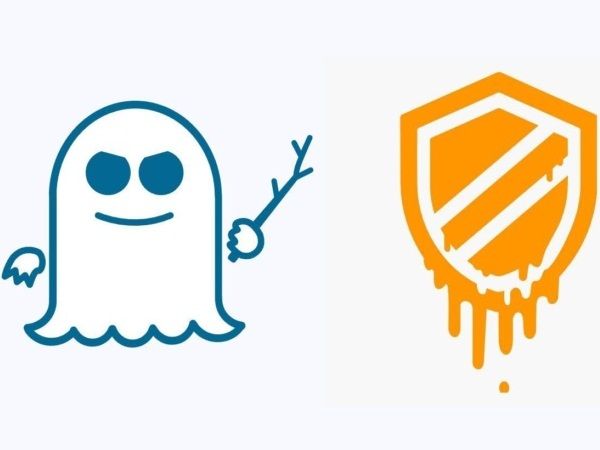I was going to start a new thread, but poking around I found this one that's at least mostly about the same question, so I figured I'd just perform a little thread necromancy...
(Part of my thought process here is maybe, since the huge argument about what "UNIX" even is has already happened, we could avoid falling into that pothole again. Of course, this could just turn into another one of those "Linux isn't Windows so it sucks" arguments, but... maybe we can avoid that too? Maaaybe?)
The OP of this thread was asking for modern Linux distributions suitable for (by modern standards) extremely low spec computers like a Pentium II. (Although at this point this question would probably apply to just about any IA-32-only CPU.) I have somewhat-related follow-up, which is: does anyone have a favorite no-fuss Linux for low-spec
x86-64 computers? The specific criteria I'm looking for is a distribution that's optimized for
disk space while still offering a GUI windowing environment with a modern web browser.
The target I have for this is a hacked Chromebook that only has 14GB of internal eMMC memory. (I have two hacked Lenovo N42s; one has 30GB, the other has 14. 30GB isn't *great*, but it's enough for most "normal" Linux distributions, but 14GB... it turns out that's *really* tight.) The thing I keep running into is many of the *really small* GUI linux setups, like Puppy Linux, are specifically set up to be live USB sticks and aren't meant for permanent installation. (I did in fact go through the motions of getting Puppy "installed" on the internal flash to see if that was workable, but it still operates in the live mode, and, worse, its "save session" functionality didn't work when I booted it internally.) I know I *could* just start with bare Debian or the like and slowly build up to a working desktop, but I gotta be frank, who's got the time for that? What I'm hoping for is that someone's already done the work to tune up a minimal-but-workable-for-basic-web-and-utility-tasks mix of packages that I can just slap on there and will work while still reserving enough space for upgrades and some small amount of local scratch files. (I had Lubuntu on the machine originally after hacking it, and it ran out of disk space in the middle of an apt-get dist-upgrade. Ouch.)
So far the best off the shelf thing I've found is
BunsenLabs Boron; it has kind of a weird interface but it actually kind of works on the Chromebook (it makes heavy use of the "Super" key, and on the Chromebook that maps to a dedicated "Search" key where a normal keyboard has capslock). Installing it was a hassle because of bugs that I was probably asking for, but I did get it to work and it occupies about 5.5GB of space. That's better than Lubuntu by about 4GB, but... does anyone have a favorite light GUI that beats that? While, again, being "normal" installations, not compressed initrd/ramdisk liveCD-optimized things.
(And yes, I know, I should be considering BSDs and other non-Linux things, but... I gotta be frank, I'm extremely skeptical the BSDs will be able to handle these Chromebook-focused SOCs gracefully. Linux *barely* does. But, hey, if you've actually run
xBSD on a Braswell platform system I have two of these things, I'm willing to experiment.)
This is all kind of depressing considering how we used to be able to happily run Slackware in a couple hundred megabytes (or a *lot* less, actually) with Netscape or Mosiac back in the 1990's, but time marches on.

